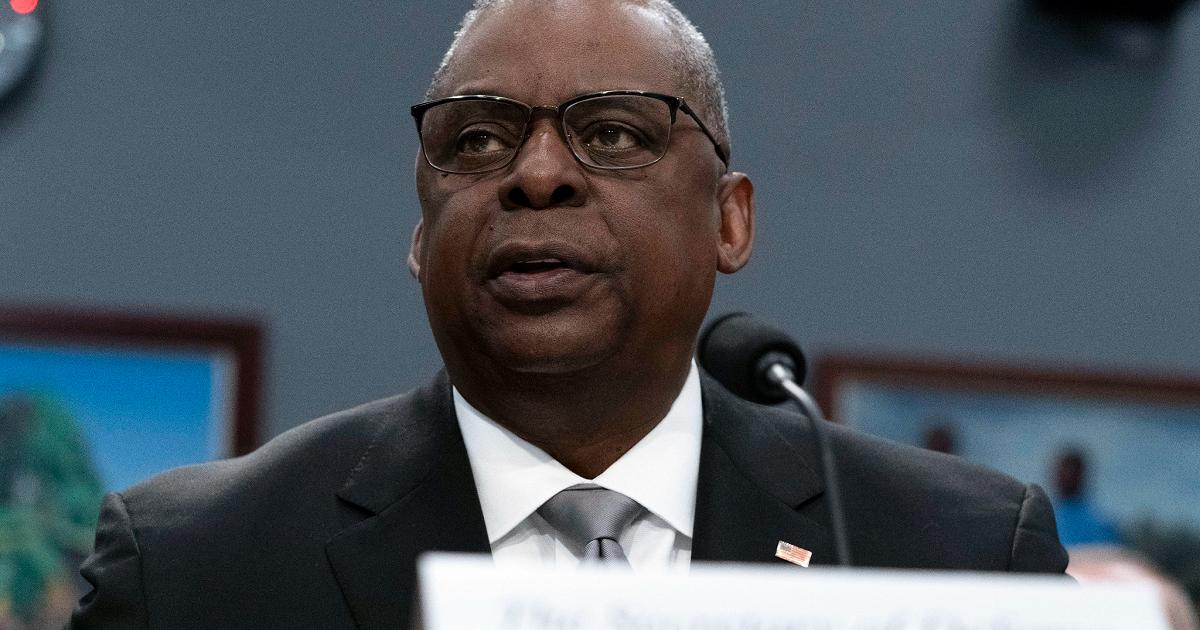"Dialogue is not a reward. It is a necessity. And the more we talk, the more we can avoid misunderstandings and miscalculations that could lead to crises or conflicts." So the US Secretary of Defense Lloyd Austin at the 'Shangri-La Dialogue 2023' in Singapore, summit on security in Asia. Austin said open lines of communication between U.S. and Chinese military and defense leaders are "essential" to avoid conflict and strengthen stability in the Asia-Pacific region.
As for Taiwan, the Pentagon chief said Washington was "deeply engaged" in the long-standing 'One China' policy, which recognizes Beijing as China's government but allows informal relations with Taiwan, but pointed to Russia's invasion of Ukraine as an example of "how dangerous our world would become if large countries could simply invade their peaceful neighbors with impunity." The United States is "deeply committed to preserving the status quo in the Taiwan Strait" and "will continue to sharply oppose any unilateral change on either side," Austin said.
The relationship between the United States and China is at its lowest in decades due to deep divisions ranging from the sovereignty of Taiwan (which Beijing considers an 'inalienable' part of its territory to be reunified even by force) to espionage and territorial disputes in the East and South China seas.
"I am deeply concerned that the People's Republic of China has not been willing to engage more seriously on better mechanisms for crisis management between our two armies," Austin added. "The United States does not seek a new Cold War and competition must never result in conflict. To be clear, we don't seek conflict or confrontation, but we won't back down in the face of bullying or coercion."
However, there are growing concerns that China could invade Taiwan involving the United States. "Conflict is neither imminent nor inevitable. Deterrence is strong today and it's our job to keep it that way," Austin noted. Among American officials, especially intelligence officials, there is the belief that Chinese President Xi Jinping has invited his armed forces to develop the capabilities of a possible invasion of the rebel island by 2027, the centenary year of the People's Liberation Army.
"It doesn't mean he decided to do it," Austin said in response to a question about Xi's plans, in the question and answer session. President Joe Biden has strengthened ties with allies in Asia, including Australia, Japan, India, the Philippines and Taiwan. Beijing has heavily criticized the March deal to supply Australia with nuclear-powered submarines, part of a broader security pact with the United States and Britain known as Aukus which, Austin concluded, "promotes greater stability and security" in the Indo-Pacific.

